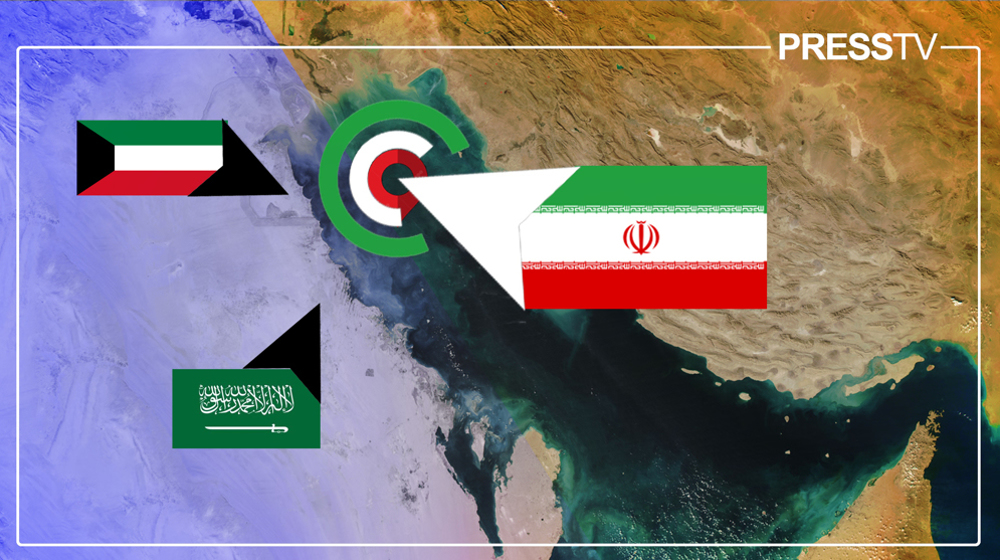Kuwaiti activist sentenced to 3 years jail for insulting ruler
A court in Kuwait has sentenced a female opposition rights activist to three years in prison for insulting the Emir.
Rana Jassem al-Saadun, was sentenced in absentia on Sunday by a court in the capital Kuwait City. She was convicted of repeating parts of a speech made by prominent opposition leader, Musallam al-Barrak, who is also serving prison time for insulting Emir Sheikh Sabah Al-Ahmad Al Sabah.
Back in April 2013, the same court sentenced Barrak to five years in jail for criticizing the Emir and undermining his authority in a speech.

The speech was delivered at a rally staged in October 2012. Barrak, during the demonstration, warned the Emir against making changes to the country’s electoral law eventually allowing the government to control the parliament, according to activists.
Opposition groups, in protest at his detention, took to the streets and staged demonstrations. During the protests that followed Barrak’s jail sentence, dozens of activists repeated parts of his speech in solidarity with him, including Saadun.
Saadun was reportedly outside the country when the verdict was delivered. Some fellow activists online said that the she was in Lebanon.
Criticizing the Emir is illegal in Kuwait and is considered a state security charge. Those convicted of the offense face up to five years in jail.
Kuwait, an oil-rich Persian Gulf littoral state, is plagued by growing tensions between the government, controlled by Al Sabah family, and its parliament, dominated by the opposition.

Since parliamentary elections were held on December 1, 2012, the opposition has been staging protests to demand that the new parliament be dissolved and the changes made to the electoral law be reversed.
Activists say the decision to change the electoral law by the Emir is aimed at electing a rubber-stamp parliament.
Kuwait was the first Arab state in the Persian Gulf to establish an elected parliament in 1962. However, the Sabah family remained in control of key posts, including the premiership and the ministries of defense, interior, and foreign affairs.
HDS/HMV/SS
VIDEO | Press TV's news headlines
VIDEO | American, Israeli rabbis call for ceasefire during protest near Gaza
Iran calls for enhanced defense cooperation with Russia
US campus crackdown: 500 pro-Palestinian protesters arrested
VIDEO | Yemenis rally in Sana'a in solidarity with Palestinians in Gaza
VIDEO | Jordanians march after Friday prayers in support of Palestinians
Far-right Israeli minister Ben-Gvir injured
Germany clears pro-Gaza camp as US-style demos spread across Europe










 This makes it easy to access the Press TV website
This makes it easy to access the Press TV website